Upon logging into the OLGPT interface, the AI immediately pulls up the patient’s medical history. Unlike generic symptom-checking tools, OLGPT integrates with hospital databases to access recent lab results, prescribed medications, and physician notes. This ensures the advice provided is personalized and contextually accurate. For instance, if the patient recently adjusted their insulin dosage, OLGPT factors this into its analysis.
The interaction begins with conversational, non-intrusive questions to better understand the patient’s current symptoms. For example, OLGPT might ask, “Are you experiencing any chest pain or shortness of breath?” or “Can you check your blood sugar levels now and share the reading?” These questions are designed to be intuitive and straightforward, reducing the cognitive load on the patient, who may already be in distress. The AI’s tone is empathetic, prioritizing clarity and support over technical jargon.
Based on the responses and the patient’s medical history, OLGPT evaluates the situation. If the symptoms are mild and manageable, it provides immediate guidance tailored to the patient’s needs. For example, it might suggest consuming a small glass of orange juice if their blood sugar reading is low. Importantly, OLGPT explains the reasoning behind its recommendations, helping the patient understand the connection between their symptoms and the suggested actions. This transparency fosters trust and empowers the patient to take control of their health.
While OLGPT excels at providing practical medical advice, its true value lies in its ability to offer emotional reassurance. Patients often feel isolated and anxious during the night, especially when they cannot access human assistance. OLGPT’s conversational AI is designed to address this gap by providing empathetic responses that convey understanding and care. For example, it might say, “Your symptoms are being closely monitored. Let’s work together to help you feel better until morning.”
These simple yet thoughtful responses play a significant role in reducing panic and instilling a sense of calm. For patients dealing with chronic illnesses or recurring symptoms, this emotional support can be transformative. It shifts the focus from fear and uncertainty to proactive management, ensuring the patient feels seen and supported even in the absence of human interaction.
In cases where the symptoms are severe or suggest a potential emergency, OLGPT takes decisive action. If it detects warning signs of a life-threatening condition, such as a possible heart attack or dangerously high blood sugar levels, the AI emphasizes the urgency of seeking professional medical attention. It might recommend the nearest emergency room, provide step-by-step guidance on calling for help, or even notify the patient’s emergency contacts if configured to do so.
For example, consider a patient experiencing chest pain and shortness of breath. OLGPT evaluates these symptoms against the patient’s medical history and identifies them as potential indicators of a cardiac event. The AI immediately advises the patient to avoid exertion, call emergency services, and prepare for transportation to the nearest hospital. Such prompt and precise guidance can save valuable time, potentially preventing complications or fatal outcomes.
What sets OLGPT apart is its ability to combine advanced AI with patient-specific insights. Unlike generic health tools that rely on broad symptom categories, OLGPT uses hospital-grade data to deliver tailored advice. For instance, if the patient has a documented allergy to a particular medication or a pre-existing condition requiring specific precautions, OLGPT ensures its recommendations are aligned with these factors. This personalized approach minimizes risks and enhances the effectiveness of its guidance.
As the night progresses and the patient stabilizes or prepares to visit their doctor in the morning, OLGPT generates a detailed summary of the incident. This report includes the symptoms experienced, actions taken, and advice provided, ensuring a seamless handover of information to the healthcare provider. By eliminating the need for patients to recount their experience from memory, OLGPT reduces the chances of miscommunication and enables doctors to focus on next steps with confidence.
For healthcare providers, this feature is invaluable. It streamlines the diagnostic process, saving time and improving the accuracy of care. For patients, it reinforces the sense that their concerns are being taken seriously, even during off-hours.


